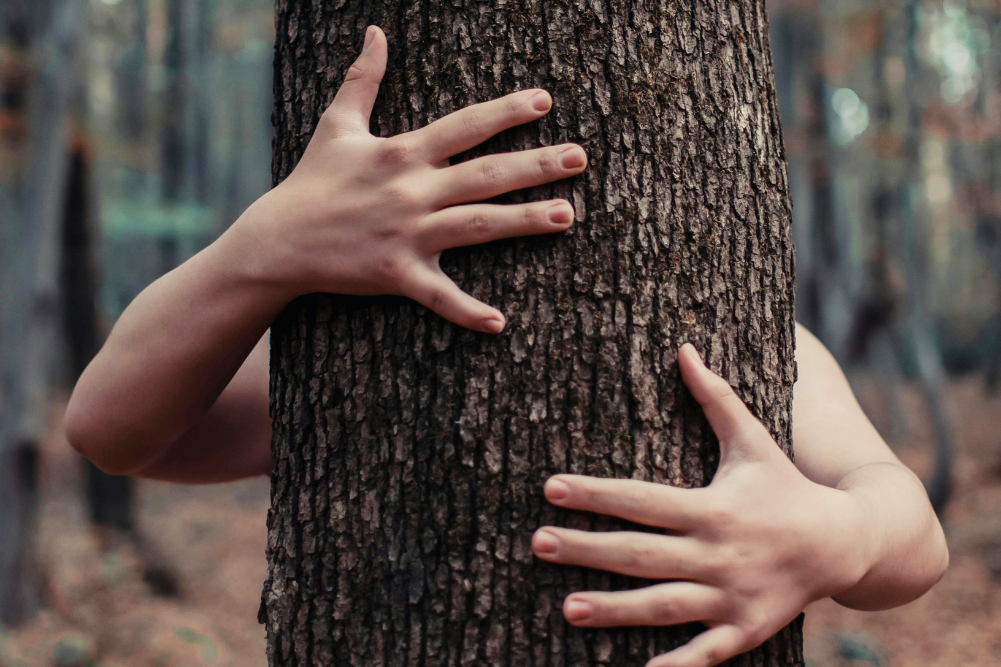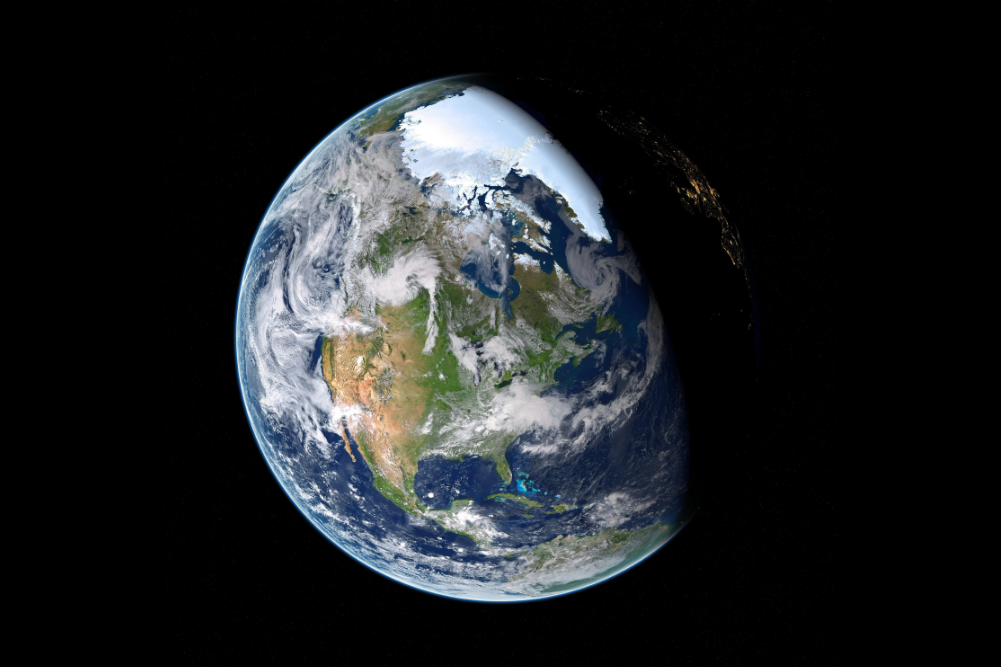Climate change impacts bird populations
Climate change is a global phenomenon but the effects vary according to the nature of the part of the world being impacted. However a new study has shown that climate change is having similar effects on bird populations on different sides of the world.
In the new study researchers used climate records for 1980 to 2010 and split the data into two groups according to whether the changes in climate were causing things to get better or worse for the species. They compared 145 common bird species in Europe to 380 common bird species in the United States.
We should care about the birds simply because they are alive and deserve our concern but on top of that, as we know so well, everything is connected to everything else.
For a start the researchers found that there were marked differences in the populations trends between the bird species favoured by climate change and those not favoured by climate change. For instance, populations of bee-eater’s and Cetti’s warbler have increased dramatically in Southern Europe while more northerly distributed species such as the willow tit and brambling declined in the same time frame.
They also found that there were differences in population within the same species of bird across different geographical areas. For instance, in Europe species such as the wren have been increasing in northern areas where winters are becoming milder but have been declining in the south where summers have been getting hotter and drier. In the UK the population of the Dartford warbler which was once limited to Dorset has increased by 800 per cent while in Spain it has been declining.
The same thing is happening on the other side of the world in the United States. The American robin has declined in some southern states like Mississippi and Louisiana but increased in northern central states like the Dakotas.
These changes are all consistent with changes in climate while other factors like species size, habitats, and migratory behaviour were not consistent across the species. So what we have is a large scale and consistent response to climate change amongst bird populations across two continents.
This supports that globally there are implications from climate change for populations of birds a and therefore biodiversity. We should care about the birds simply because they are alive and deserve our concern but on top of that, as we know so well, everything is connected to everything else, and what happens to the birds, happens to us.








